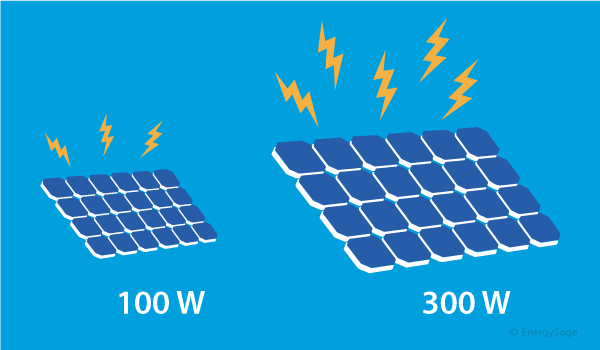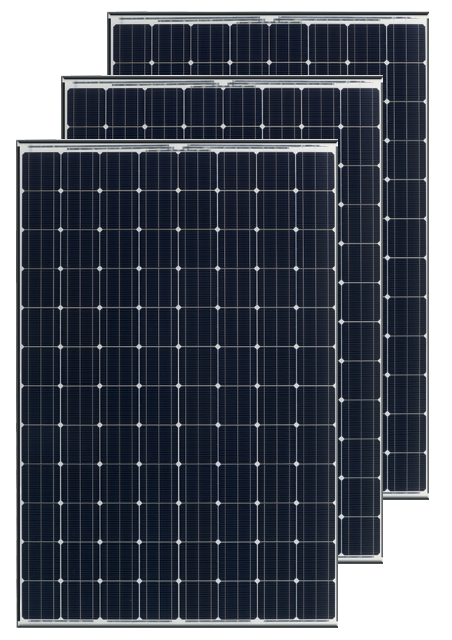This means that if a solar panel has a capacity factor of 25 it s average energy output will be 25 of what it was designed to achieve e g a 100 watt solar panel with a capacity factor of 25 has an average energy output of 25 watts.
Solar panel capacity factor.
We have a team of state certified master electricians who have the knowledge and expertise needed to complete your job correctly and within your desired timeframe.
The capacity factor is the ratio of actual power generated per year divided by peak installed capacity one year.
National renewable energy laboratory.
For the sake of example if you are getting 5 hours of direct sunlight per day in a sunny state like california you can calculate your solar panel output this way.
For solar the sun is down 50 of the time and low on the horizon or obscured by clouds for a large fraction of daylight hours so the capacity factor of 10 25 will not change as solar cells improve.
Shade the bane of your solar panel s existence.
This is a one page two sided fact sheet on the capacity of solar power to provide value to utilities and power system operators.
Energy information administration form eia 923 power plant operations report.
See the technical note for an explanation of how capacity factors are calculated.
We are the premier solar installation company in maryland.
5 hours x 290 watts an example wattage of a premium solar panel 1 450 watts hours or roughly 1 5 kilowatt hours kwh.
Power factor s solar panels are sure to benefit your power costs and comsumption.
Energy information administration form eia 860 annual electric generator report and.
The capacity factor for solar panels varies between 15 and 40.
Thus the output for each solar panel in your array would.
In places with expensive electricity this results in monthly electric bills of over 200.
This post looks into the reasons for this large difference and also addresses.
How many solar panels do you need for 1000 kwh per month.
How much energy does a solar panel produce.
This one is fairly self explanatory but i can t stress the effect of shade as it s particularly detrimental to your residential or commercial solar power system.
A family with several siblings can easily reach a monthly consumption of 1 000 kwh.
A post i wrote a little over two years ago concluded that solar pv capacity factors in the us ranged between 13 and 19 with an average of around 16 recently however the us energy information agency published a table showing an average capacity factor of around 28 for utility sized pv plants in the us in 2015.
However solar power is an effective solution to reduce energy expenses.
The good news is that it s also one of the easiest to control as it isn t an environmental factor unless you count trees.




























